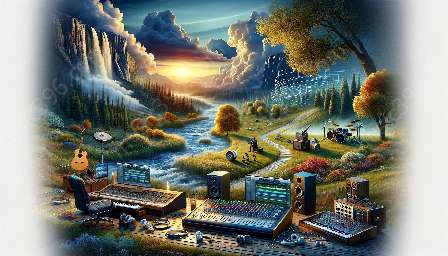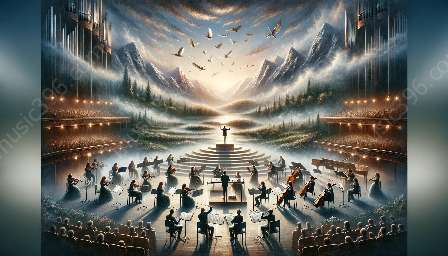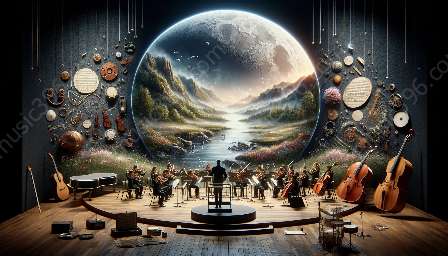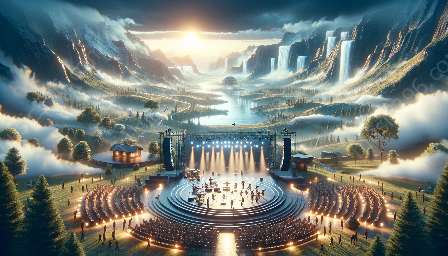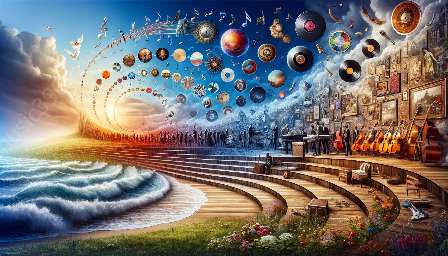Historical performance practice in music has evolved through several key milestones, shaping the way music is performed and interpreted. From the early music era to the modern period, performance practice has been influenced by various factors, including social, cultural, and technological changes. Understanding these historical milestones can provide valuable insights into the development of music performance and its impact on music reference.
Early Music Era: Medieval and Renaissance Periods
The early music era marked the beginning of organized musical notation and performance. During the medieval period, music was predominantly vocal and often performed in religious settings. The rise of polyphony and the use of musical instruments in the Renaissance period introduced new performance practices, with a focus on secular music and instrumental performance. The development of notation and the standardization of musical forms laid the groundwork for future performance practices.
Baroque Period: Rise of Ornamentation and Improvisation
The Baroque period witnessed a significant shift in performance practice, characterized by the rise of ornamentation and improvisation. Composers such as Johann Sebastian Bach and George Frideric Handel emphasized expressive performance through embellishments and improvisatory elements. The use of basso continuo and the emergence of specialized instrumental techniques contributed to a distinct performance style that influenced music reference for centuries to come.
Classical Period: Emphasis on Clarity and Precision
The Classical period introduced a new approach to performance practice, emphasizing clarity, balance, and precision. Composers like Wolfgang Amadeus Mozart and Joseph Haydn wrote music with detailed dynamic markings and phrasing instructions, guiding performers to achieve a more nuanced and controlled interpretation. The rise of public concert halls and the professionalization of music performance led to a greater demand for technical proficiency and disciplined execution.
Romantic Era: Expressive Freedom and Individual Interpretation
The Romantic era brought about a profound shift in performance practice, emphasizing expressive freedom and individual interpretation. Composers such as Ludwig van Beethoven and Franz Schubert sought to convey intense emotion and personal expression in their music, challenging performers to convey the depth of their artistic vision. The increased use of rubato, dynamic extremes, and innovative pedaling techniques expanded the possibilities of musical performance.
20th Century: Experimentation and Reinterpretation
The 20th century witnessed a period of diverse experimentation and reinterpretation in performance practice. The advent of recording technology allowed performers to capture their interpretations for posterity, shaping the way music reference was established. Composers like Igor Stravinsky and Arnold Schoenberg pushed the boundaries of traditional performance conventions, leading to a reevaluation of established practices and the emergence of new interpretive approaches.
Contemporary Period: Interdisciplinary Collaboration and Technological Integration
In the contemporary period, performance practice continues to evolve through interdisciplinary collaboration and technological integration. The fusion of traditional and modern performance techniques, coupled with the influence of global musical traditions, has created a rich tapestry of diverse performance practices. The accessibility of digital tools and platforms has also transformed the way music is performed, recorded, and disseminated, shaping the contemporary landscape of music reference.
By examining these significant historical milestones, we gain a deeper appreciation for the evolution of performance practice in music and its enduring impact on music reference. Understanding the historical development of performance practice can inform our approach to interpreting and experiencing music, enriching our understanding of musical expression and creativity.






